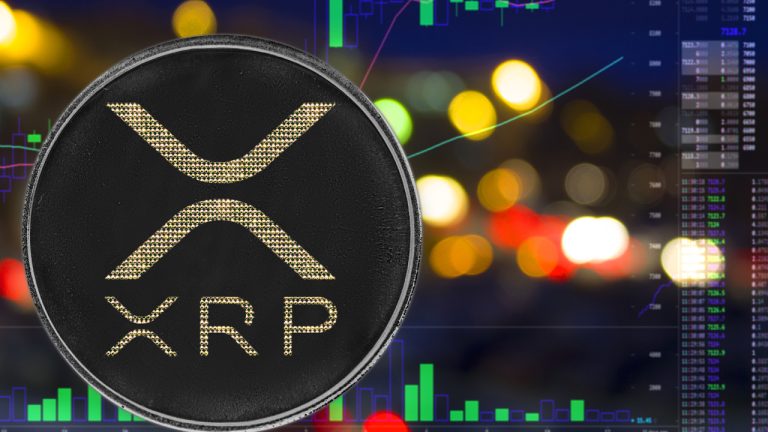US Judge Rules XRP ‘Not Necessarily a Security on Its Face,’ Sending XRP Supporters Into Celebration

According to a recent ruling handed down by U.S. judge Analisa Torres the crypto asset XRP is not “necessarily a security on its face.” In the ruling, both parties, the U.S. Securities and Exchange Commission (SEC) and Ripple Labs’ motions for summary judgment were granted in part and denied in part. The order states that the court cannot conclude that XRP is a security as a matter of law.
Uncertainty Remains: Judge Grants Partial Summary Judgment in XRP Security Case
The judge presiding over the SEC lawsuit against Ripple Labs and executives Chris Larsen and Brad Garlinghouse has detailed that the court cannot classify XRP as a security.
The order details that the plain words of the Howey test make it clear, but as for XRP the “subject of a contract, transaction, or scheme is not necessarily a security on its face.” The judge also granted in part and denied in part the SEC and Ripple Labs’ summary judgments.
“Accordingly, the SEC’s motion for summary judgment on the aiding and abetting claim against Larsen and Garlinghouse is denied,” the order from judge Torres details. The order states that the court cannot conclude that XRP is a security as a matter of law, and that there are genuine disputes of material fact regarding whether XRP is a security.
The court also noted that the Howey test must be applied to the specific context of XRP transactions, and that the parties have presented conflicting evidence on the relevant factors. The judge acknowledged the distinction between programmatic sales and institutional sales.
“Since 2017, Ripple’s Programmatic Sales represented less than 1% of the global XRP trading volume,” the order states. “Therefore, the vast majority of individuals who purchased XRP from digital asset exchanges did not invest their money in Ripple at all. An Institutional Buyer knowingly purchased XRP directly from Ripple pursuant to a contract, but the economic reality is that a Programmatic Buyer stood in the same shoes as a secondary market purchaser who did not know to whom or what it was paying its money.”
Torres’s order added:
Therefore, having considered the economic reality and totality of circumstances, the court concludes that Ripple’s Programmatic Sales of XRP did not constitute the offer and sale of investment contracts.
Following the court’s judgement, XRP supporters celebrated the decision and XRP’s price jumped nearly 30% higher against the U.S. dollar after the announcement. While Torres judgement was celebrated, the court granted and denied the parties’ cross-motions for summary judgment because there were genuine disputes of material fact regarding whether XRP is a security.
The court announced that it will issue a separate order at a later date to set a trial date and related pre-trial deadlines. While XRP supporters celebrate, this case is likely to continue.
What are your thoughts on the judge’s ruling regarding XRP’s security classification? Share your thoughts and opinions about this subject in the comments section below.